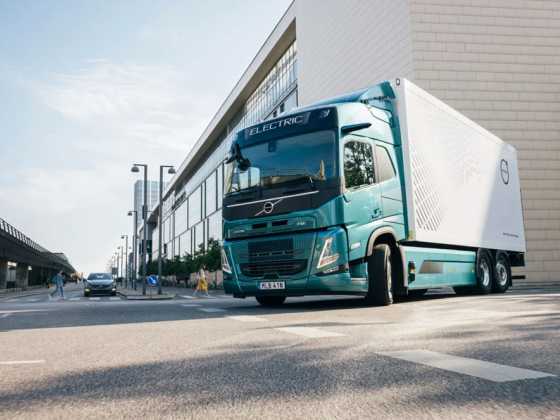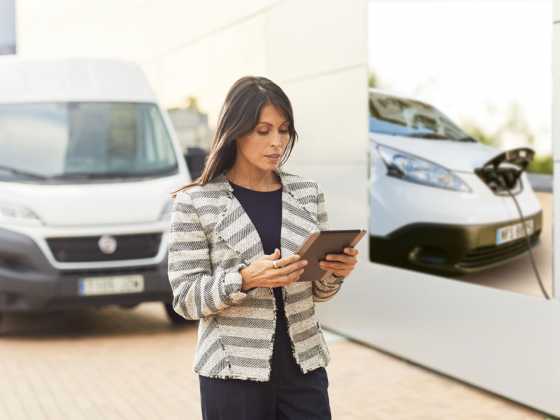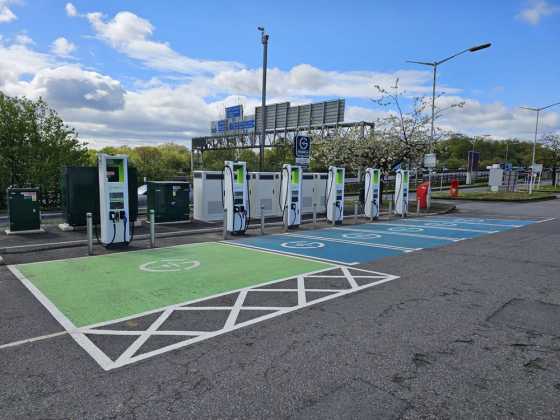Fleet sector unites to oppose tax rise that will effect ULEV company car drivers
The BVRLA and has joined forces with ACFO and fleet employers to share their concerns about proposed tax changes on company cars.
The HM Revenue & Customs wants to change the way employee benefits are taxed. It has put forward plans that could affect up to 650,000 people who have taken a salary sacrifice car or receive a vehicle as part of a ‘cash or car’ benefit scheme.
HMRC’s proposals suggest that the higher of the taxable benefit and the salary sacrifice/cash allowance sum is used as the taxable value. This would affect drivers of low emission cars the most, because they have the greatest difference between their taxable benefit-in-kind and their salary sacrifice amount or car allowance.
The BVRLA has responded to the HMRC consultation, calling on the government to exempt employer-provided cars from the changes, explaining that unlike other employee benefits which remain untaxed, company cars are already subject to an effective and progressive tax scheme.
The present tax system works for businesses, is fair for employees and has proven very successful in helping the government meet its policy goal of increasing the uptake of low emission vehicles, the BVRLA says.
Company cars are the dominant source of Ultra-Low Emission Vehicle registrations in the UK, partly because the Government incentivises employees to select the greenest car by reducing their tax bill.
Under the proposals the Government will end up punishing drivers of the greenest cars, leaving them hundreds of pounds a year worse-off. ULEV registrations are likely to fall as drivers choose cheaper, higher-emission company cars, use their cash allowances to fund second-hand cars or opt-out of their employer’s benefit scheme.
In the case of salary sacrifice schemes, the BVRLA argues that the government would end up punishing drivers who would otherwise struggle to afford a new, low-emission car. Three-quarters of recipients are basic-rate taxpayers, many of whom work for the public sector in areas poorly served by public transport.
“Our analysis suggests that HMRC’s proposals could have a negligible impact on tax revenues as some drivers give up their company cars and stop paying benefit-in-kind tax entirely,” said BVRLA Chief Executive, Gerry Keaney.
“At the same time, the government risks stifling the uptake of ultra-low emission cars and piling more misery on cash-strapped public sector employers.”



